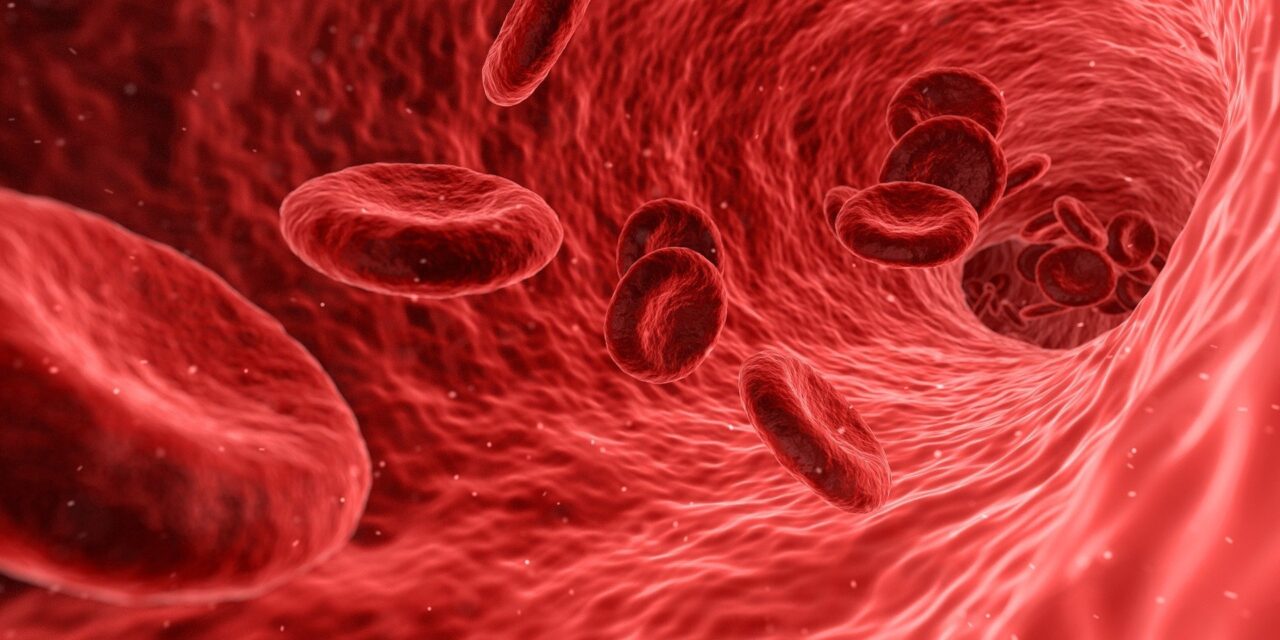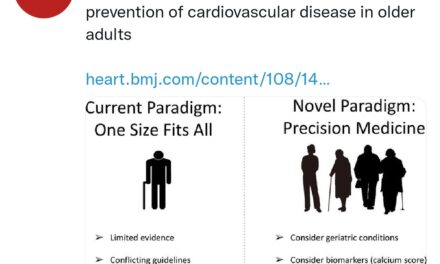A pioneering study led by MedUni Vienna has uncovered a surprising new mechanism of blood coagulation in individuals with hemophilia A, offering critical insights into this genetic disorder. Published in the prestigious journal Blood, the research reveals that saliva contains special vesicles that trigger rapid coagulation in patients with hemophilia A, providing a deeper understanding of the disease’s underlying mechanisms.
Hemophilia A, the most common form of hemophilia, is a hereditary blood disorder caused by a deficiency of clotting factor VIII. This deficiency can lead to dangerous and life-threatening bleeding episodes, especially in the joints. However, mucosal bleeding, such as bleeding in the mouth, is notably rare. The reason for this unusual occurrence has been a long-standing mystery.
Led by researchers Johannes Thaler, Cihan Ay (Clinical Division of Hematology and Hemostaseology, Department of Medicine I, MedUni Vienna), and Rienk Nieuwland (Amsterdam University Medical Centers), the team sought to uncover the cause. They focused on body fluids, an area of research largely overlooked for decades, and made a significant discovery.
The study revealed that the saliva of hemophilia A patients contains extrinsic tenase complexes, which are protein complexes essential for initiating the coagulation process. These complexes, composed of tissue factor (TF) and factor VIIa, are carried on extracellular vesicles in saliva. When these complexes come into contact with blood, they trigger the activation of the coagulation cascade, promoting clot formation.
The research team’s analyses confirmed that mucosal bleeding in the mouth of hemophilia A patients is indeed rare and tends to stop quickly, likely due to the presence of these protective vesicles. In contrast, patients who lack these vesicles in their saliva often experience prolonged oral mucosal bleeding.
The study also sheds light on a historic discovery made in the 1930s by Viennese pediatrician Alphons Solé, who found that maternal milk could activate blood coagulation in hemophilia patients. Solé’s research had been largely forgotten until it was revived by Thaler’s team in recent years. The team has now expanded upon this finding, showing that maternal milk, amniotic fluid, urine, and saliva all contain extracellular vesicles with extrinsic tenase complexes, which enhance coagulation.
These groundbreaking findings provide not only a better understanding of hemophilia A but also open up new avenues for potential treatments. Thaler emphasized the importance of revisiting historical scientific research, stating, “It can be very rewarding to re-evaluate historical scientific work in order to develop innovative approaches for research and potentially also for the targeted treatment of patients.”
This study offers hope for improving care and treatment options for hemophilia A patients and underscores the critical role body fluids play in regulating blood clotting.
For more information, refer to the study: Johannes Thaler et al., Saliva of Persons with Hemophilia A Triggers Coagulation via Extrinsic Tenase Complexes, Blood (2024). DOI: 10.1182/blood.2024025093.












